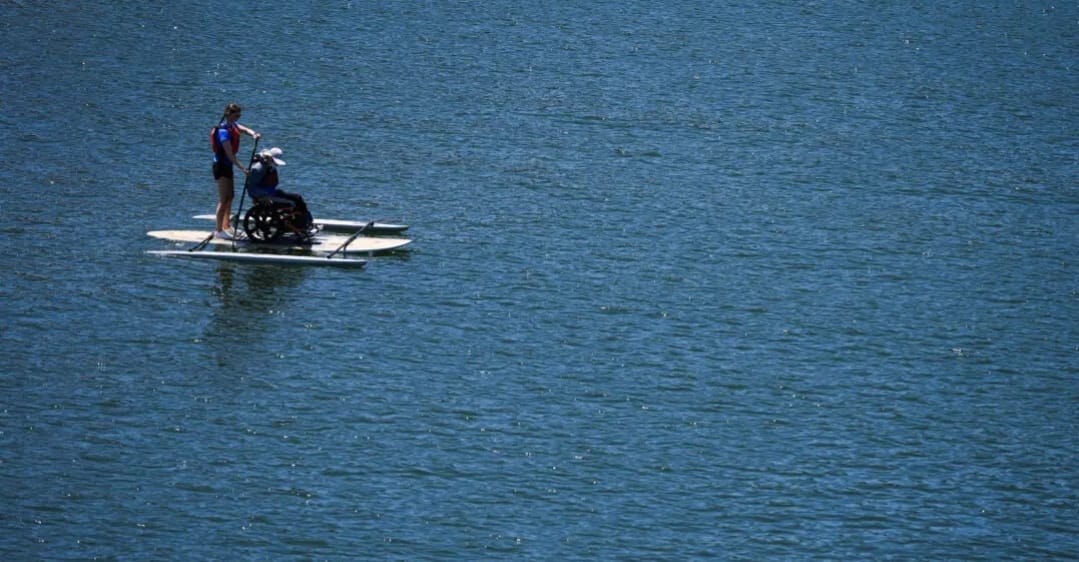British Columbia is bracing for a heat wave as Environment Canada and provincial authorities issue warnings about rising temperatures expected to persist into next week.
Heat warnings have been extended to the Sunshine Coast and Howe Sound, where daytime highs are projected to reach 32°C. The most intense heat is anticipated to hit the province starting Sunday.
Previously, heat warnings were in place for eastern Vancouver Island, with temperatures forecasted to climb into the low 30s. Similar warnings cover the Kitimat and Terrace regions, where temperatures are expected to approach 30°C from Saturday through Tuesday night.
A joint statement from B.C.’s ministries of Health and Emergency Management and the provincial health officer indicates that Environment Canada will likely expand these warnings to the Interior as the heat wave progresses from west to east.
The current forecast for Kamloops predicts temperatures soaring to 40°C on Monday and Tuesday, dropping slightly to 39°C on Wednesday. In Fort Nelson, highs between 29°C and 32°C are expected from Sunday through Wednesday. This northern community experienced a full evacuation this spring due to early-season wildfires.
For many residents, these will be the season’s first significant high temperatures, prompting the province to urge caution. Environment Canada has identified the heat as a “moderate” public health risk, with heightened concerns for seniors and individuals with health conditions such as diabetes, heart disease, and mental health issues.
The agency advises the public to watch for symptoms of heat illness, including heavy sweating, rashes, and fainting, and to check on friends and neighbors, especially those living alone.
Metro Vancouver and the Fraser Valley are under a special weather statement, forecasting temperatures in the high 20s to low 30s.
Provincial officials warn that wildfire activity is expected to increase with the upcoming hot and dry conditions, following a “relatively quiet” period. Currently, no wildfires are threatening public safety or infrastructure.
A return to more seasonal temperatures is expected later next week.
Source: The Canadian Press


